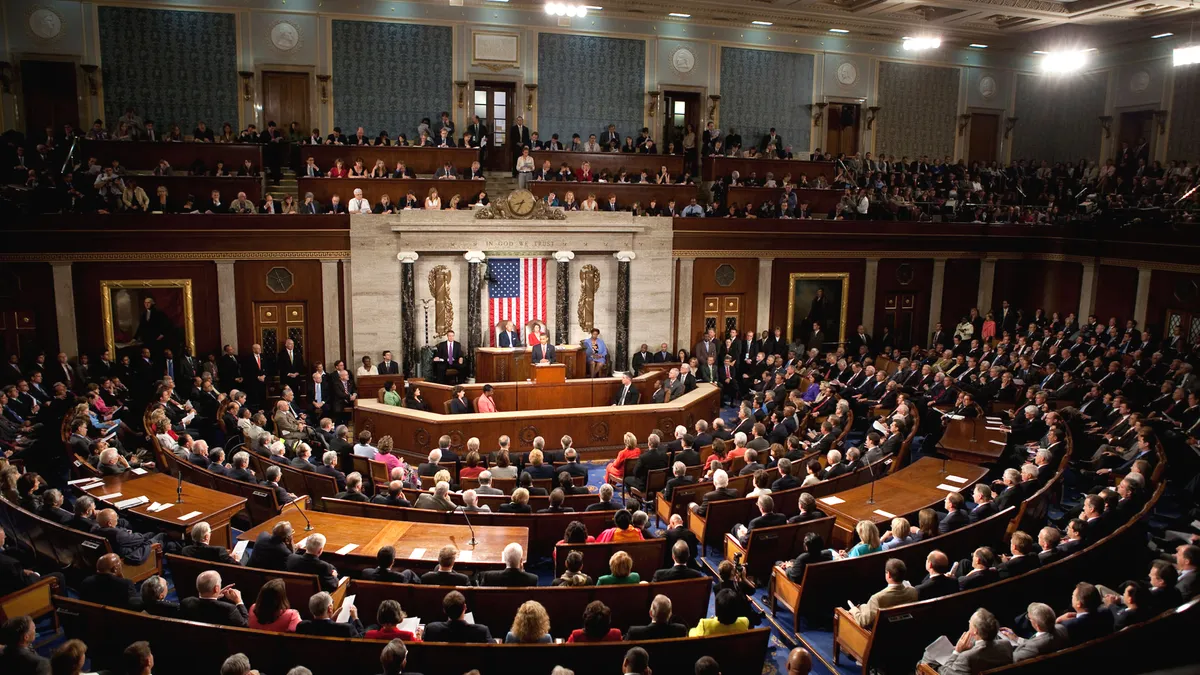Dive Brief:
- Although a possible rewrite of No Child Left Behind may not clear the Congressional process this year, more flexibility for states on accountability is likely in the cards.
- Both rewrites of NCLB give more wiggle room, and presidential candidates on both sides of the aisle have expressed support for the direction of the potential new law.
- But that freedom also raises the possibility of another era of upheaval, this one focused on the growing pains of state-driven accountability systems.
Dive Insight:
Despite their unpopularity, President Barack Obama’s system of waivers helped alleviate the most burdensome measures of the Bush-era law. But the waivers have also required states to use Education Department-approved accountability systems, albeit ones designed by states.
Now states want more freedom to experiment and find new fixes. "You're not going to get innovation on these things unless you allow states to be laboratories of policy change," Louisiana State Superintendent John White told Education Week.
Some states have already begun to experiment with more district-level freedom. California, for example, is in the midst of crafting a new structure that gives districts most of the say in how to hold schools accountable. Others have tried to take more of a comprehensive look at students’ skill levels, including measuring school performance based on students’ grit and using more project-based assessments.
Still, even if (and when) more federal freedom arrives, change at the state-level will likely be slow, as legislatures grapple with what should replace the old system. And some are happy with their current set-up.













